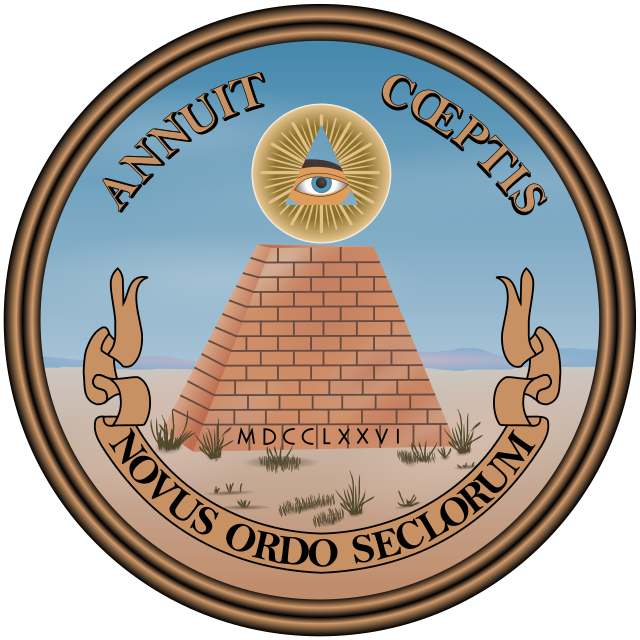Q.3 World orders are established by great powers in order to serve their interests. What are the foundations of existing world order(s) and how do they serve the interests of great powers? 2018

There have been several world orders established throughout history, each with its own set of foundations and ways in which they serve the interests of great powers. Currently, the existing world order can be described as a liberal international order, with its foundations lying in three main pillars:
- International institutions: The liberal international order is characterized by a complex network of international institutions, such as the United Nations, the World Trade Organization, and the International Monetary Fund. These institutions are designed to promote international cooperation, facilitate economic growth and development, and provide a forum for the peaceful resolution of disputes.
- Democracy and human rights: Another pillar of the liberal international order is the promotion of democracy and human rights. This includes the promotion of free and fair elections, the protection of civil liberties and individual rights, and the promotion of the rule of law.
- Economic interdependence: The third pillar of the liberal international order is economic interdependence. This includes the promotion of free trade, investment, and economic growth, as well as the establishment of international norms and standards for economic behavior.
These foundations serve the interests of great powers in several ways:
- Economic benefits: The liberal international order promotes economic interdependence, which benefits great powers by providing access to new markets and resources, promoting economic growth, and facilitating the movement of goods, services, and capital.
- Security: International institutions and the promotion of democracy and human rights can also help to promote stability and security, reducing the likelihood of conflict and providing a framework for resolving disputes peacefully.
- Soft power: The liberal international order provides great powers with a form of soft power, as countries that adhere to the norms and standards of the order are seen as more legitimate and credible on the international stage.
- Influence: Great powers also have a significant amount of influence over international institutions and the rules and norms that govern them, allowing them to shape the order to better serve their interests.
However, it is important to note that the liberal international order is not without its challenges and criticisms. Some argue that the order has failed to address issues of inequality and poverty, and that it has led to the exploitation of less developed countries by more developed ones. Others argue that the order has been used by great powers to justify their intervention in the affairs of other countries, often in ways that are not consistent with the principles of democracy and human rights. Nevertheless, the liberal international order remains the dominant world order today, and understanding its foundations and how it serves the interests of great powers is essential for understanding the dynamics of international relations.